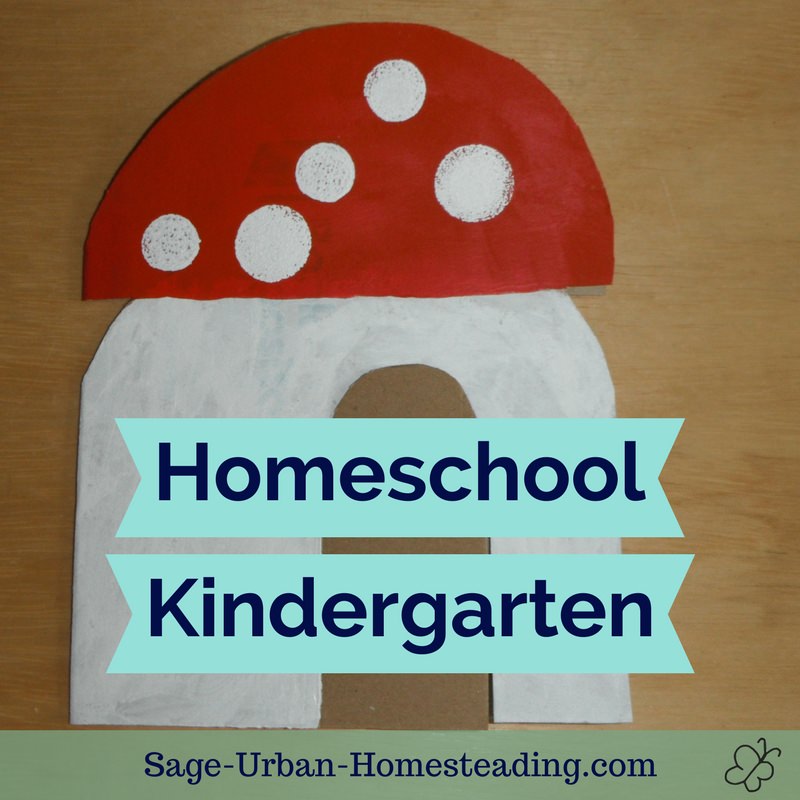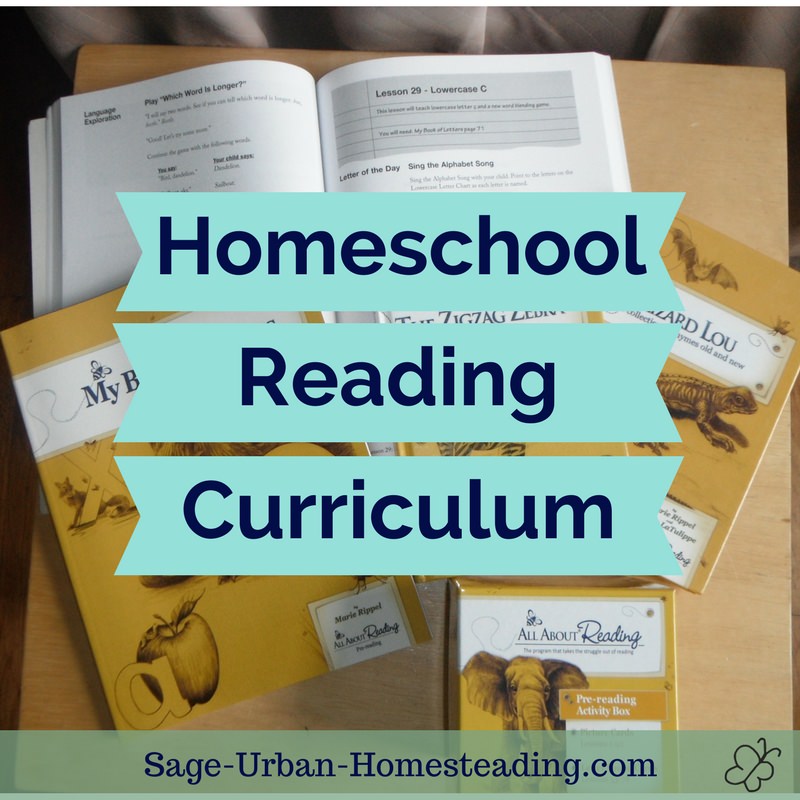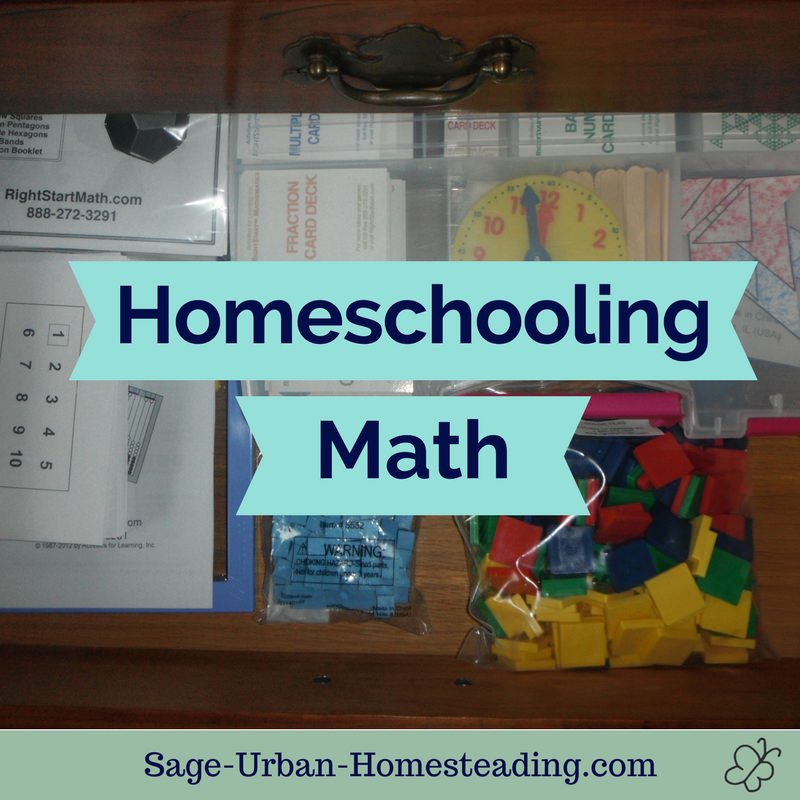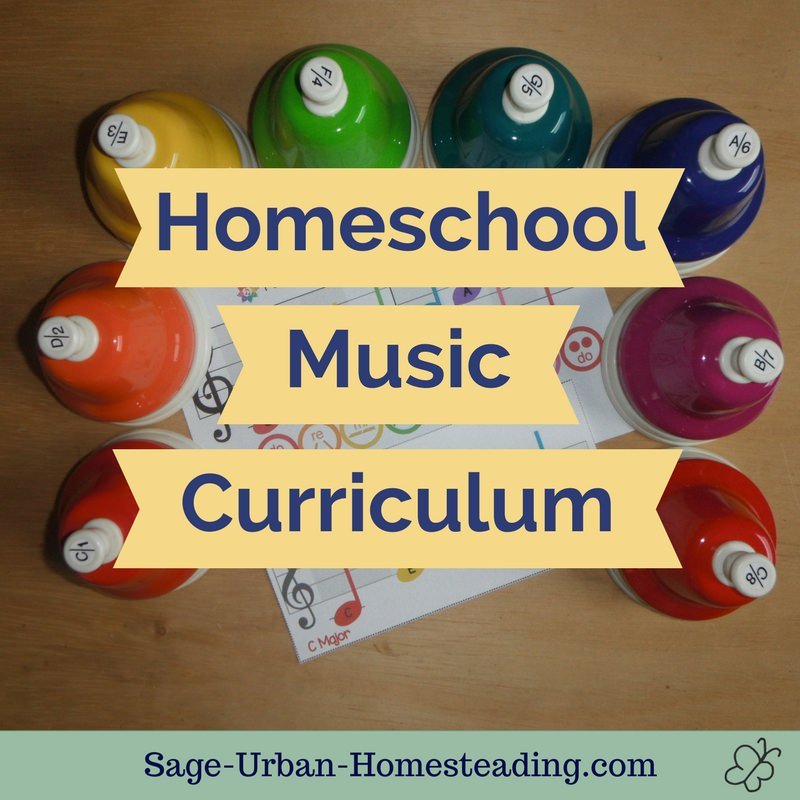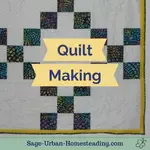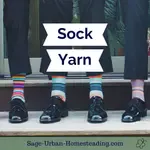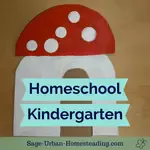FYI: I earn a small commission from some links and advertisements.
- Home
- Homeschooling
Homeschool Education
There are many different types of homeschool education. You need to find the type that works best for your family and matches your student's learning style.
These are the main subjects taught in homeschool education, no matter which type of education style you choose.
Homeschool Planner: How to Set Up a Weekly and Daily Rhythm
Organize your weekly and daily homeschool schedule with the support of a homeschool planner using a strong color-coded rhythm. The colorful weekly rhythm wheel is a great visualization tool for young children!
Homeschool Reading Curriculum with No Stress
Learn what to look for in a good homeschool reading curriculum and how I chose what we're using. It's important to consider decoding versus comprehension to make your best reading lessons.
Homeschool Music Curriculum: Our Favorite for Preschool and Elementary
Develop perfect pitch sense with early exposure and training to develop musical talent. Find out how I found our favorite homeschool music curriculum and why it works so well even though I am not musically gifted.
Homeschooling Math Through Play and Games
Transform your homeschooling math lessons into playtime so learning becomes a lot more fun, memorable, and applicable to real life. I offer free worksheets to record your mathematical play for portfolio reviews.
Homeschool Science Curriculum: What We Do for Preschool and Elementary
Build a sense of wonder and love for learning by developing your own homeschool science curriculum like we have. It's very easy and affordable!
(I have more subjects to add -- please sign up for updates!)
I will definitely add more topics of study to this list in the future. Right now, we are homeschooling kindergarten.
Education Styles for Homeschooling
I could write pages on each of these topics, and I may at some point, but here are the absolute basics that I consider most important:
- Waldorf
- Based on the teachings of Rudolph Steiner, focus on developmental periods and the right subjects at the right time
- Montessori
- Based on the teachings of Maria Montessori, importance of developing concentration, focusing on steps of a task
- Reggio Emilia
- Style developed in Italy after World War II (post-Montessori), young children encouraged to explore the 100 languages of materials artistically and problem-solve big projects as a group, focus on documenting what the children do so they can reflect on it
- Froebel
- Inventor of kindergarten and origin of many now classic children's construction toys, focus on mathematical manipulatives presented in the right way
- Charlotte Mason
- Based on the teachings of Charlotte Mason, importance of a living education, relevant lessons as a way of life
- classical education
- Developed during the Middle Ages and Renaissance with a primary level education based on grammar, logic, and rhetoric
- unschooling
- Child-led schooling where there is no set structure and children are allowed to explore their own interests to the fullest extent, less appealing subjects are hidden into activities by how they relate to what is of interest
- student-led inquiry
- Similar to unschooling but more metacognition activities to become aware of the thinking process, similar to Reggio Emilia techniques; formalized into a program used in International Baccalaureate schools, an updated version of what many know as the KWL or Know-Wonder-Learn routine
- workbooks
- Curriculum programs where the student completes a series of workbooks to cover a subject
Personally, I am a fan of Waldorf and Reggio Emilia, probably because I am an artistic person. Doing crafts gets me excited and makes me a more passionate teacher, but if you don't like crafts, find a different style that works for you.
I was worried that I might have off days when I can't concentrate enough to do spelling and math, so I wanted a scripted program for those subjects that tells me exactly what to say and do.
The ideal homeschool education style also really depends on your student, especially as they get older and have more input on how they learn best. Some kids can be handed a stack of workbooks, go through them alone, and do great, but others need a more hands on approach and interaction.
I highly recommend you study personality types as described in The Child Whisperer to better understand your child and yourself.
The Mission of Our Homeschool Education
The word origin of educate means to lead out or draw forth.
I believe that the purpose of education and raising children is to help them find their purpose and passion. They need to discover their life mission for themselves. We can guide, but they already have something inside them that must be discovered and drawn forth.
The opposite viewpoint is that children are sponges or empty vessels to be filled. I agree that they pick up on things in their environment, but they are absolutely not a blank slate to write on as you please!
People choose to do homeschool education or use public school for different reasons, but we all have the same destination in mind: a healthy, competent adult.

